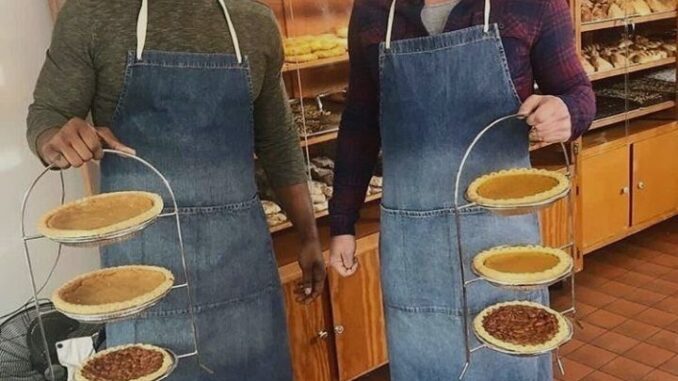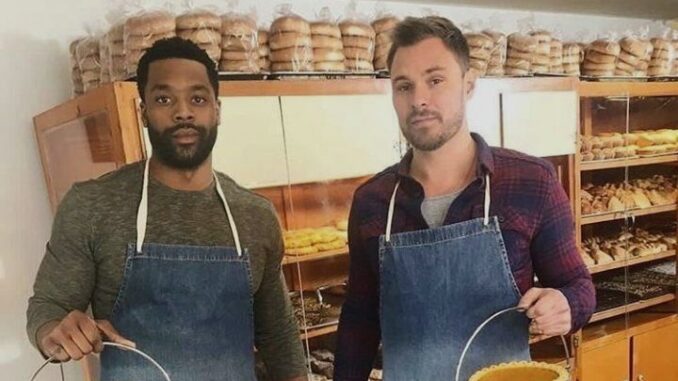
For years, Hank Voight has been the law inside the gray. He doesn’t always play by the book—he writes his own version of it. And his team? They follow him. Not because they’re blind, but because they believe. In the results. In the loyalty. In the idea that someone has to make the hard calls, even if it means getting blood on their hands. But every empire built on silence eventually hears a voice that says, “No.” In Chicago P.D., that voice came from someone no one expected—Hailey Upton. And in the moment she stood her ground, not only did she challenge Voight’s authority—she changed the entire trajectory of the show.
It wasn’t loud. It wasn’t theatrical. There was no shouting match or slammed doors. It was a quiet refusal, the kind that carried more weight than a dozen arguments. Voight had made another one of his signature decisions—the kind that bends justice into something personal. But this time, Upton didn’t follow. She didn’t cover for him. She didn’t justify it. She just said, “No.”
And the ripple effect was immediate.

Voight wasn’t just surprised. He was stunned. Because Upton wasn’t a rookie anymore. She had earned his respect. She had defended him in front of Internal Affairs. She had lied, sacrificed, protected. She had become—many thought—his new right hand after Halstead. So when she questioned him, when she drew a line in the sand, it wasn’t just disobedience. It was betrayal. And yet, in that moment, it was the most honest thing either of them had done in a long time.
What followed wasn’t just a power struggle—it was an existential crisis for both characters. Voight, so used to absolute loyalty, had to confront something far more dangerous than a criminal: the crumbling of his own ideology. For years, he had believed that the ends justify the means. That as long as the streets were safer, whatever it took to get there was worth it. But when Upton stepped back, refused to cross the line with him, she forced Voight to look into the mirror and ask: Who am I now?
For Upton, the moment wasn’t about rebellion. It was about clarity. About the toll of compromise. About the years spent burying the emotional wreckage of cases and choices that left her more bruised inside than any bullet ever could. This was the moment she chose herself—her values, her future, her peace of mind. And in doing so, she reminded viewers that even in a team built on loyalty, there must be space for conscience.
Fans lit up social media after the episode aired. Some hailed Upton as the new moral compass of the show. Others worried the rift between her and Voight would break the team beyond repair. But what everyone agreed on was this: the stakes had never been higher. Because when your strongest team members start disagreeing—not just tactically, but ethically—the whole foundation shakes.
The tension in the precinct was palpable in every scene that followed. The usual banter was gone. The glances were sharper, colder. Ruzek and Atwater, usually quick to pick sides, stayed silent. Burgess, caught in the middle, looked tired—tired of always choosing between right and real. And Voight? He didn’t yell. He didn’t punish. He just looked… old. Like a man who’d realized that time, and the world he built, were no longer on his side.
That’s the brilliance of Chicago P.D.—its ability to evolve. The show doesn’t just recycle cases or fall back on gunfights. It asks real questions. What does justice look like when you’ve compromised everything? What do you do when your instincts clash with your integrity? And perhaps most importantly: how do you lead when no one is following you anymore?
